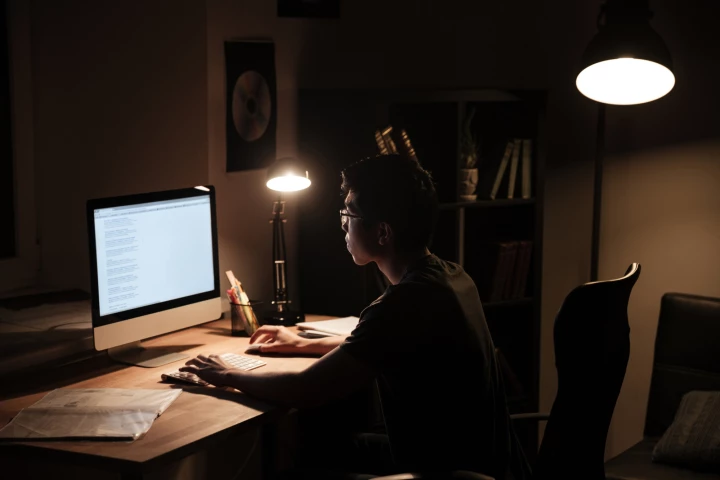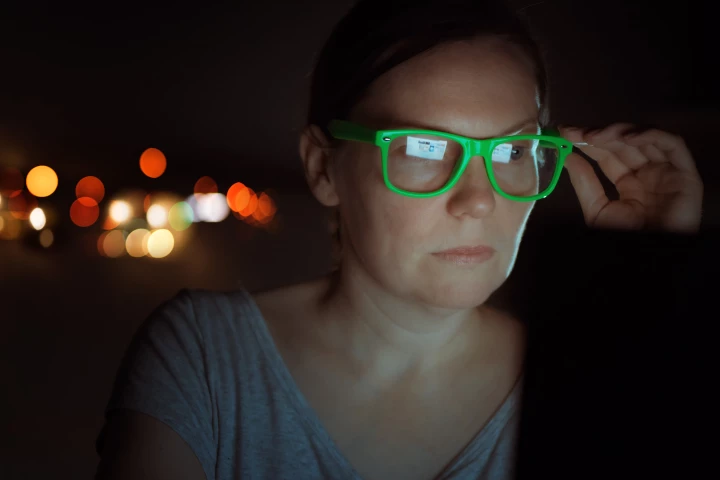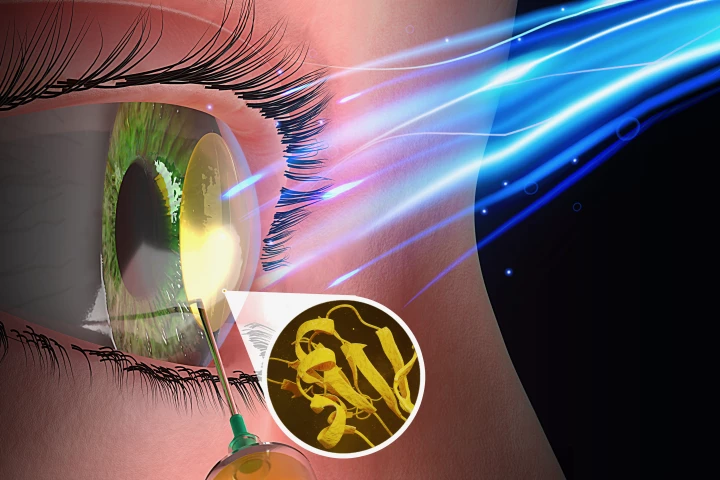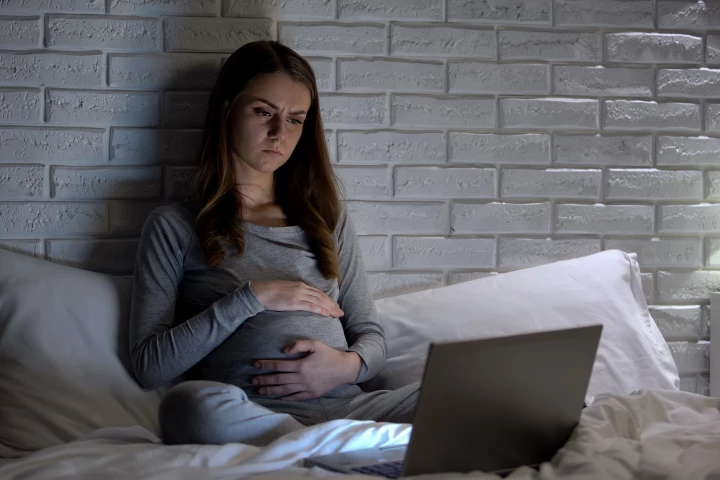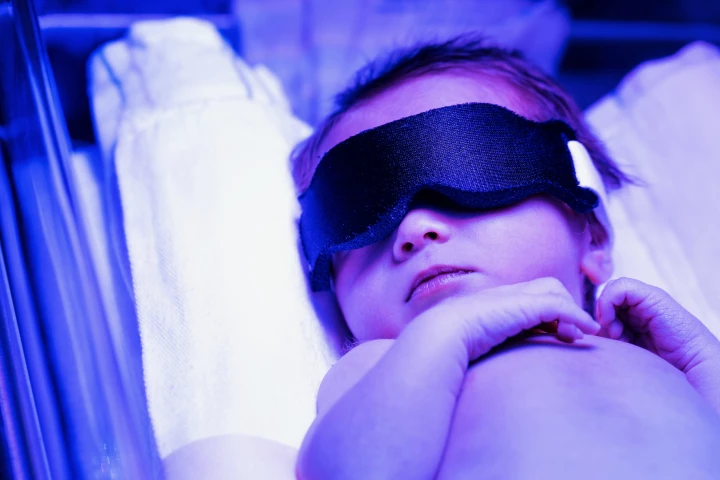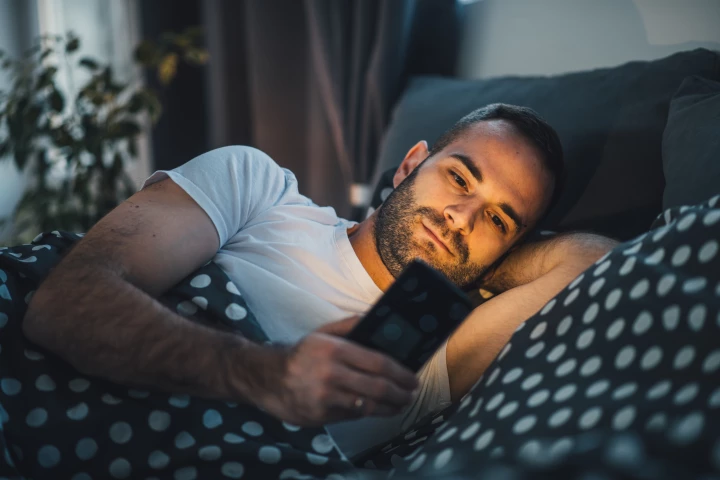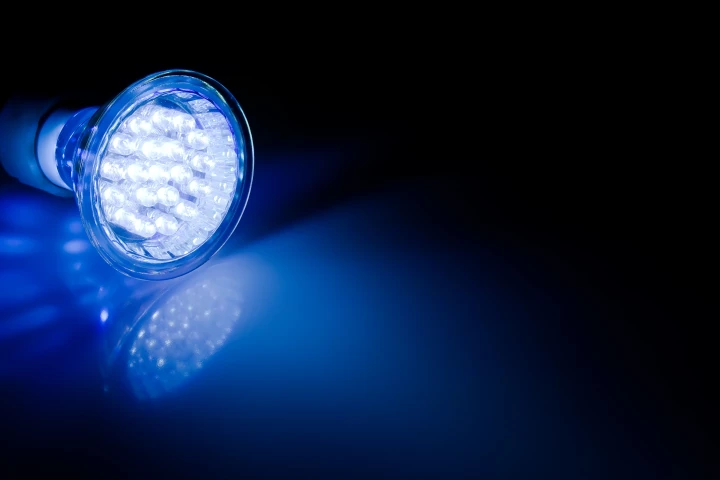Blue light
-
Researchers have designed and tested ‘human-centric’ LEDs that emit different wavelengths of blue light depending on whether it’s daytime or nighttime, reducing the disruptive effect artificial light has on our biological clock.
-
Chinese multinational consumer tech company TCL has announced the "world’s first and only smartphone devices to offer a revolutionary full color paper-like visual experience" – featuring the company's eye-friendly NXTPAPER technology.
-
In a study of studies, researchers concluded that eyeglasses that block blue light might not deliver on claims made by advertisers or optometrist offices. They caution consumers to think twice about shelling out the extra cash for the specs.
-
Caused by bacterial infections or disease, thinning of the cornea can lead to blindness if not addressed. An experimental new injectable material could help keep that from happening, by thickening compromised corneas when triggered by blue light.
-
Gestational diabetes, a potentially dangerous medical condition affecting pregnant women, has been seeing a spike in recent years. New research shows that the reason may have to do with how much excess light a woman encounters before sleeping.
-
Scientists have criticized new research linking excessive smartphone to early puberty onset. The research is unpublished and was promoted through a press release packed with wild speculation, offering a perfect case study in bad science communication.
-
Jaundice affects about 60 percent of newborn babies, and can sometimes lead to hearing loss or brain damage. It's therefore important to detect and treat the condition as soon as possible, which is just what a new camera-based system is made to do.
-
A new study testing smartphone night modes that eliminate blue light wavelengths is suggesting they make no difference to overall sleep outcomes and the only way to improve sleep at all is to completely abstain from screen use before going to bed.
-
Researchers have found that by subjecting people with a mild brain injury to a dose of blue light each morning, they could help to reduce some of its typical side effects such as depression and problems with sleep.
-
A new study from the University of Manchester is questioning common consensus, arguing perceived color can influence circadian clocks. Animal experiments suggest exposure to yellow light at night from screens could be confusing our body clocks.
-
New research from Tufts University may make it a little easier to manage diabetes. In mouse tests, the team implanted beta cells that produce more insulin on demand, when they’re activated by blue light.
-
In today’s connected world we are increasingly having blue light beamed into our eyes at all times of day. A new study from the University of Toledo has homed in on exactly how blue light can damage our eyes and the researchers recommend avoiding looking at cell phones and tablets in the dark.
Load More
